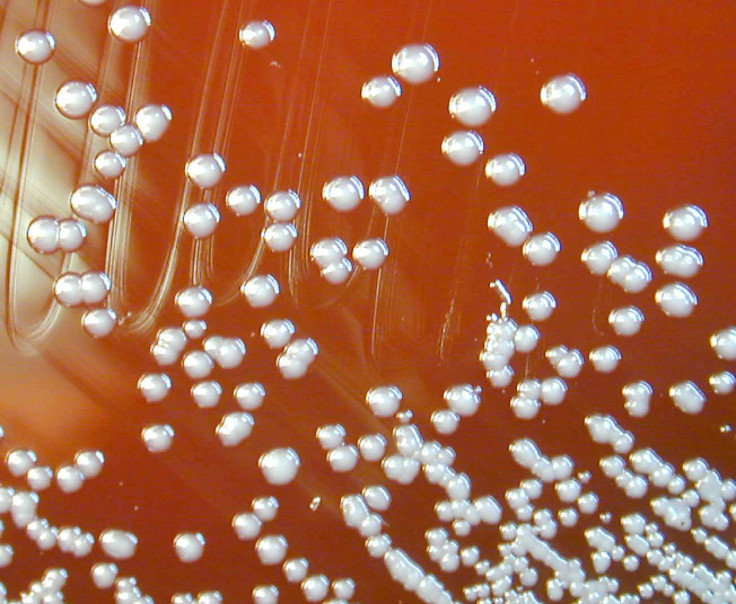Melioidosis: How a deadly bacteria can get into your brain in just 24 hours
Despite killing 89,000 per year, little is known about Burkholderia pseudomallei.

A deadly type of bacteria has been found to get into a person's brain just 24 hours after they inhale it. Furthermore, scientists say Burkholderia pseudomallei can enter a person's system without them even realising, either waiting for an "opportune moment" or slowly damaging their brain function.
Burkholderia pseudomallei is found in northern Australia and southeast Asia and causes the disease meliodiosis. It lives below the soil surface during the dry season, but with heavy rainfall it moves up to the surface water and mud and becomes airborne – at which point a person can inhale it.
After entering the brain, it has a death rate of around 50% and is responsible for around 89,000 deaths every year. Yet little is known about how it travels around the body.
Researchers from Griffith University and Bond University in Australia looked at how the bacteria travels to the brains of mice. Their findings, published in the journal Immunity, showed that after entering the nasal cavity, it moves up to the brain stem and into the spinal cord. They found it reached the brain within 24 hours.
Meliodiosis
Meliodiosis has a variety of symptoms that depend on the area of infection. It can cause chest infections, fever, headaches, confusion and pain. Symptoms normally appear between one and 21 days after infection, however there have been cases where the disease has caused illness several years after the infection. It is treated with antibiotics, which normally have to be taken for at least three months.
James St John, one of the study authors, said: "Imagine walking around and you sniff it up from the soil and the next day you've got this bacteria in your brain and damaging the spinal cord. It can be at a very low level, the body doesn't even know it's there. You could have it and don't know it, that's scary. It could just be sitting there waiting for an opportune moment, or it could just be doing small incremental damage over a lifetime. You could lose the function in your brain incrementally."
Ifor Beacham, another author, added: "Our latest results represent the first direct demonstration of transit of a bacterium from the olfactory mucosa to the central nervous system (CNS) via the trigeminal nerve; bacteria were found a considerable distance from the olfactory mucosa, in the brain stem, and even more remarkably in the spinal cord."
He said that while the findings "add considerably" to our understanding of the disease, there is still a lot to learn. "What are the long term consequences? Do the bacteria hide away until sometime later and do little bits of incremental damage, or do they immediately cause full blown infection? We are now working on these questions," he added.
© Copyright IBTimes 2025. All rights reserved.




















